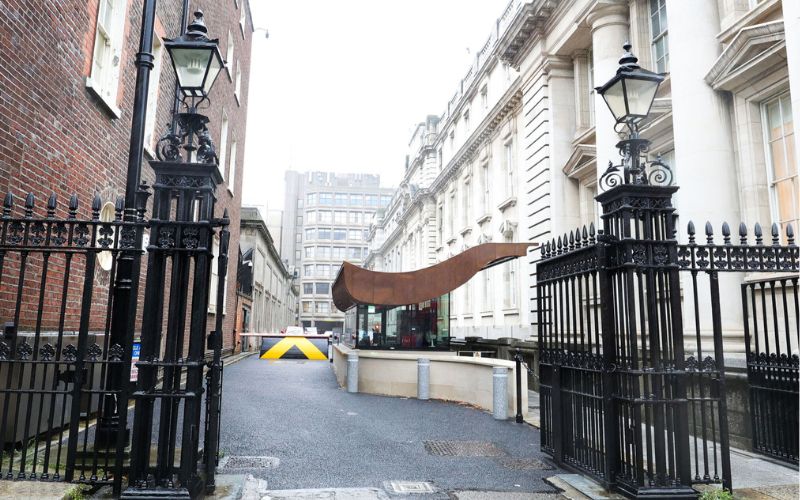The jury at the inquest into the death of Indian national Savita Halappanavar returned a unanimous verdict of medical misadventure on Friday afternoon.
The ruling found that there were systemic failures or deficiencies in the care given to the 31-year-old dentist before she died, reports BreakingNews.ie.
Halappanavar was 17 weeks pregnant when admitted to University Hospital Galway on October 21 last year. She died a week later after suffering a septic blood infection.
Coroner Dr Ciaran MacLoughlin, warned that the deficiencies or failures in the care of Halappanavar did not cause her death.
After the jury returned their verdict MacLoughlin spoke to Savita’s widow.
“Praveen I want to offer you my sincerest and deepest condolences on the death of Savita,” he said.
“You showed tremendous loyalty in the love to her during her last week.
“The whole of Ireland has followed your story and I want, on their behalf, to offer our deepest sympathy.
“You will also be watched over and protected by the shadow of Savita who was in our thoughts during this painful and difficult journey.”
After seven days of graphic evidence from medical professionals who cared for Savita and experts, jurors heard the Savita still be alive today if the law in Ireland allowed abortion, as she miscarried before there was a real threat to her life.
Savita’s widow, Halappanavar shook hands with the coroner jury members at the end of the hearing.
The jury endorsed the nine recommendations put forward by the coroner.
The recommendations are:
1. The Medical Council should say exactly when a doctor can intervene to save the life of a mother, which 1. ill remove doubt or fear from the doctor and also reassure the public;
2. Blood samples are properly followed up;
3. Protocol in the management of sepsis and guidelines introduced for all medical personell;
4. Proper communication between staff with dedicated handover set aside on change of shift;
5. Protocol for dealing with sepsis to be written by microbiology departments;
6. Modified early warning score charts be adopted by all staff;
7. Early and effective communication with patients and their relatives when they are being cared for in hospital to ensure treatment plan is understood;
8.Medical notes and nursing notes to be kept separately;
9. No additions or amendments to be made to the medical notes of the dead person who is subject to an inquiry.
Speaking after the inquest, Tony Canavan, Chief Operating Officer of the Galway University Hospital said deficiencies identified during the inquest would be rectified by the hospital.




Comments